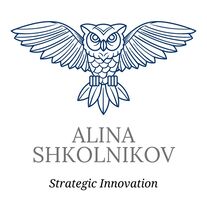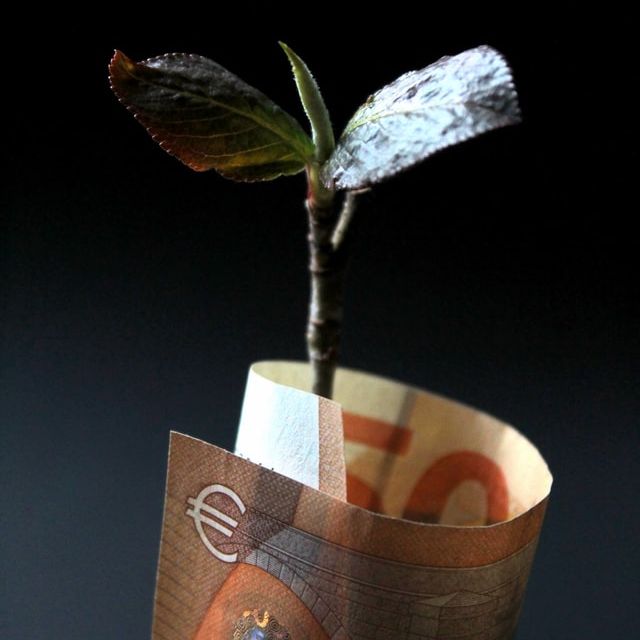|
Photo by Anne Nygård on Unsplash Esther Duflo, Abhijit Banerjee, and Michael Kremer have opened a window into the next generation of economics and entrepreneurship: Initiatives designed to solve social and environmental challenges; economic investment for the benefit of all, will have a positive impact on the environment and will eventually return to the investor as well. This month, Professors Esther Duflo, Abhijit Banerjee and Michael Kremer, winners of the 2019 Nobel Prize in Economic Sciences, opened for the world a window to significant social action that is based on research, data, and facts, and can be evaluated and compared. This approach underpins the idea of the next generation of entrepreneurship: Impact entrepreneurship – business entrepreneurship that aims to solve social and environmental challenges. To be an “impact” initiative, an enterprise must conform with three criteria: Intent to produce economic value, alongside social/environmental value, and measurement of its social and economic value. Impact initiatives range from social bonds to solving sweeping societal challenges (such as reducing the dropout rates in Israel’s higher education system), startups that work to address specific challenges (e.g. providing access to water and soap for hand washing in rural areas of southern India), to changing perceptions of real-estate construction (for example, through a neighborhood rehabilitation model that includes rent control for the original residents). For entrepreneurs who seek to benefit the world (and not just their own pocket), measuring social value is always a challenge. It is therefore no wonder that this year’s Nobel Prize in Economics was dedicated to this fundamental issue, and especially to the study of the most effective social interventions in the fight against systemic poverty. The groundbreaking research of Duflo, Banerjee, and Kremer shows that it is precisely the division of big social questions (poverty) into small questions (such as mothers’ motivation to vaccinate their children against malaria) that can yield a clear economic structure of social gain and loss, which can then be quantified against a particular financial investment. That is, a calculation of social and economic return on investment. Why are social and environmental investments important? In addition to the moral claim, there is an economic case to be made. Prof. Paul Romer received the 2018 Nobel Prize of Economics for endogenous growth theory. At its core is a radical idea that aspires to broaden the definition of the term “resource.” In the world of resources, the more people there are, the less resources there are for each person, giving rise necessarily to constant competition, but in the world of ideas, increasing the number of people is a blessing and not a curse. Especially when it comes to ideas that stem from collaborations that could not have been formed in the past – among different countries, different disciplines, etc. Thus, benefitting the lives of others, even if the others are not in “my community” (my city, state, my monetary union), through aid and cooperation, serves the common good. This is another paradigm shift that we clearly see in impact entrepreneurship: Improving social and environmental outcomes benefits not only the direct beneficiaries but also their surrounding community and economy, as well as the investor, their community, and their surrounding economy. Why is it difficult for us to adopt a new economic paradigm, one in which money should not only generate more money for those who already have money (many times, at the expense of others), but rather, one in which money generates money alongside social and environmental value for everyone? Because it seems to us that there is cognitive dissonance at the core of this idea: Money and social action are two things apart. Prof. Richard Thaler, who received the 2017 Nobel Prize for developments in behavioral economics, has shown that just because we think something is right, or we are comfortable believing that it is right, does not make it right. The data we are starting to see in the impact markets (the field has been active for only a decade and is still in its infancy) shows that impact investments often yield market-rate returns and sometimes exceed investors’ expectations. According to a comprehensive report by the Global Impact Investing Network (GIIN), an umbrella organization for the world’s impact investors, 91% of the investors in the field report returns that correspond to their financial return expectations (77%) or exceed them (14%), with 98% reporting that the social/environmental return meets and even exceeds their expectations. At the Edmond de Rothschild Foundation, we have adopted similar approaches to those of the Nobel laureates mentioned above. Like Romer, we believe in investing in innovative entrepreneurial ideas with an emphasis on impact entrepreneurship. Impact entrepreneurship can even further strengthen endogenous growth, as, on the one hand, it drives the growth of ideas that have both positive social and environmental impact, and, on the other hand, it aims to reduce the implementation of ideas with negative impact on humans and the environment. Like Thaler, we place people at the center of every social intervention that we try to implement, thus, we build and strengthen projects around people and communities. Finally, like Duflo, Banerjee, Kremer, we also engage in the collection of data and information and engage in continual assessment of the measurable social profits that we generate in the field, via our leading partners. Now all that remains to be hoped is that the 2020 Nobel in Economics will go to an outstanding researcher for the development of revolutionary and practical theories in the area of risk-return-impact. Original article published in Hebrew on Calcalist Photo by Anne Nygård on Unsplash
0 Comments
Leave a Reply. |
AuthorMe :) Archives
August 2021
Categories |


 RSS Feed
RSS Feed
